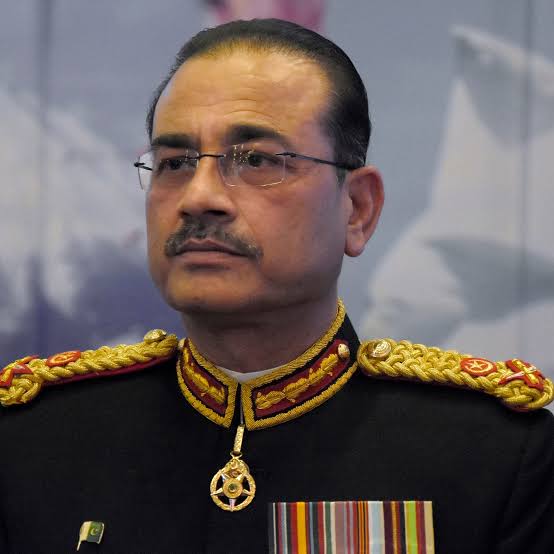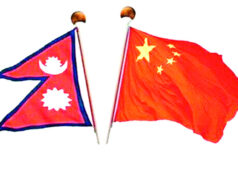Pakistani’s New Army Chief General Asim Munir

President of Pakistan named Lieutenant-General Asim Munir on Thursday as chief of its army, the Establishment that plays a hugely influential role in the governance of the nuclear-armed nation. General Munir is the most senior ranking general after the man he replaces as head of the armed forces, General Qamar Javed Bajwa. Munir is currently serving as the army’s quartermaster general, in charge of supplies and logistics.
His appointment coincides with a dispute between the military and former prime minister Imran Khan, who blames the army for playing a part in his ouster earlier this year and who has been leading anti-government protests since then.
Munir assumes his three-year stint as army chief on Nov. 29, the 17th holder of the post since Pakistan won independence from Britain in 1947. That compares with about 30 prime ministers during the same period.
A former general who worked with Munir described him as “clear-headed”.
General Munir is the son of a schoolteacher who grew up in the garrison city of Rawalpindi. As an Officer cadet at the Pakistan Military Academy he had received the prestigious award of the Sword of Honour for topping the batch.
Later General Munir served in an POK and commanded a Division in that Sector facing India and also borders with. China. He also served in Saudi Arabia, a major financial supporter of Pakistan.
He later also served as chief of Pakistan’s two most influential intelligence agencies – first Military Intelligence (MI) in 2017 and then the Inter-Services Intelligence (ISI) in 2018. He was posted out as ISI chief after just eight months on the request of then-prime minister Imran Khan. No reason was given for his removal.
He must try to deliver on a pledge by his predecessor Bajwa to take the military out of politics. Little is known about Munir’s own political affiliation but analysts are sceptical about the chances of Pakistan’s army becoming an apolitical institution.
Khan, who was wounded in a gun attack earlier this month during anti-government protests, is the latest in a long list of civilian leaders to blame the military for removing him from power. These include Nawaz Sharif, the longest-serving prime minister who was in power a total of 9 years over three tenures.
The army has rejected any involvement in Khan’s ouster, but analysts expect Munir to continue the military’s efforts to keep Khan, a vocal critic, out of power.



